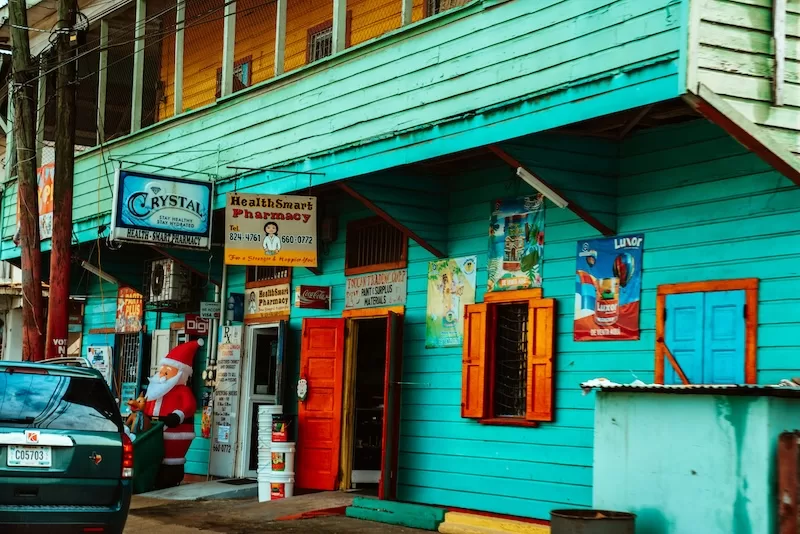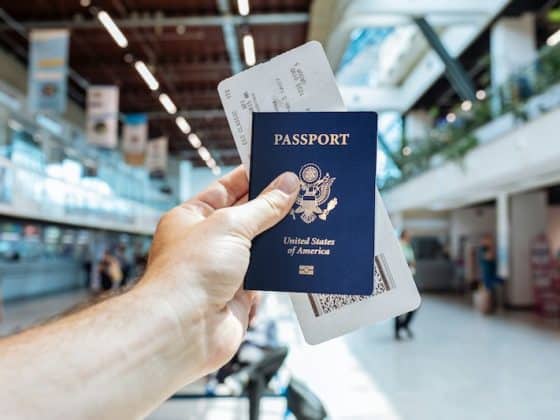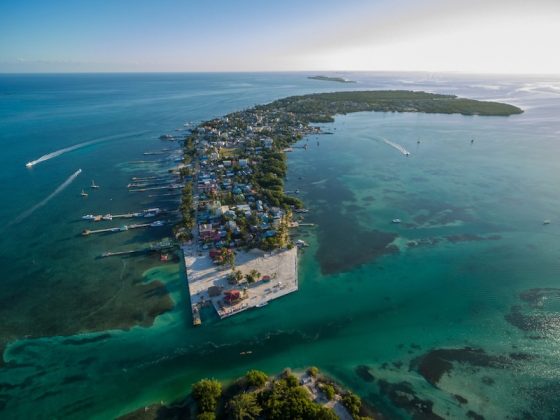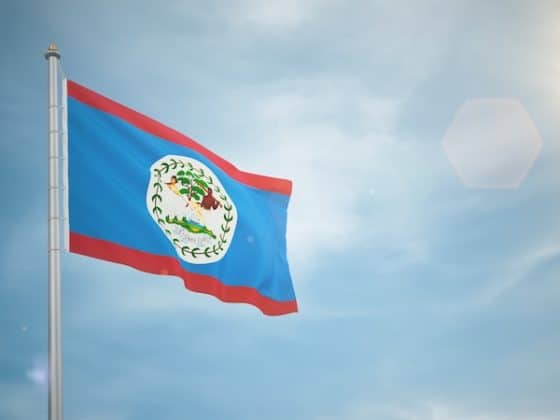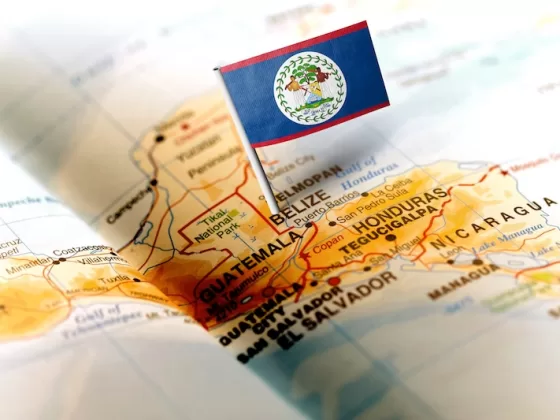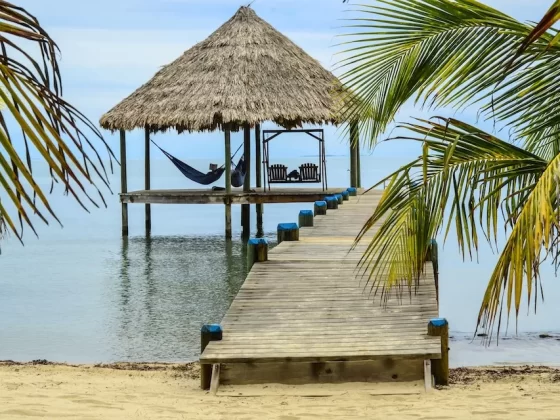Introduction
For many expats, the dream of living in Central America often comes with one big hesitation: the language barrier. Navigating real estate contracts, healthcare systems, or even ordering coffee in another language can quickly turn paradise into paperwork. That’s where Belize stands apart. It’s the only English-speaking country in Central America, and the Belize language landscape makes all the difference — offering expats clarity, confidence, and a smoother transition into everyday life.
In Belize, English is more than a colonial legacy. It’s the foundation of how business, education, and government operate. You can negotiate your property, talk to your neighbors, or chat with your doctor without translation apps or language classes. Yet, beyond English lies a fascinating mix of Belizean Creole (Kriol), Spanish, Maya, and Garifuna, giving everyday life a warm, multicultural rhythm.
Let’s explore how this unique Belize language landscape makes relocation smoother (and life richer) for expats.
Why Language Matters When Moving Abroad
Common communication barriers for expats
One of the most underestimated challenges for expats is navigating everyday tasks in a foreign language. From understanding legal contracts and medical jargon to making friends, language friction can turn otherwise minor tasks into major headaches. Many expats in countries where their native tongue is not widely spoken report frustration, reliance on interpreters, and slower integration.
Read more like this Top 10 Things to Know If You’re Moving to Belize
The unique English advantage
In Belize, that friction largely disappears. Because English is the official language, expats can engage in property deals, open bank accounts, register vehicles, attend schools, and interact with local government in the language they already know. This level of linguistic ease is a rare asset in Central America. The Belize language environment positions the country as especially expat-friendly, and that’s a primary reason many relocate or retire here.
The Official Belize Language: English
English as the foundation of expat life
English is the vehicle through which formal Belizean society operates. Schools teach in English; official documents, legislation, and government communication are all in English. If you ever confront bureaucracy (from applying for work permits to dealing with municipal services) you’ll deal in English. For an expat, that means fewer translation costs, fewer misunderstandings, and more confidence.
National newspapers, government websites, and broadcast media (TV, radio) largely operate in English, or in English mixed with local dialects. Belize Language environment ensures that newcomers can stay informed and engaged without a steep learning curve, making Belize feel instantly familiar.
Education, healthcare, and legal simplicity
Belize’s education system follows the British model, with English as the main medium of instruction. For expat families, this simplifies schooling and helps children transition easily.
In healthcare, clear communication with doctors and pharmacists ensures accuracy in treatment; no risk of “lost in translation” moments.
And when it comes to property law? Contracts, taxes, and ownership documents are written in English, reducing confusion and risk.
Read more like this Things to Do in Belize
English dialects and local flavor
That said, the English you hear in Belize often carries local accents, idioms, and subtle creole influences. This doesn’t obscure meaning, but it gives the language local color. Locals may shorten phrases, drop consonants, or insert Kriol terms in everyday speech. But for an English speaker, comprehension is rarely an issue. You might note a “Belizean twist,” but the foundations remain clear.
In essence, the English used in Belize is less of a foreign tongue and more like a familiar language with regional seasoning: easy for most English speakers to adapt to quickly.
Belizean Creole (Kriol): Everyday Connection
The friendly bridge between locals and newcomers
While English runs the country, Kriol often runs the conversation in homes, markets, street conversations, music, and storytelling. It acts as a social glue, transcending ethnic boundaries. Most Belizeans switch effortlessly between the two. Kriol (an English-based creole language) is not a barrier for expats, but an invitation. It signals warmth, belonging, and humor.
Many expats find that learning just a few Kriol words helps them connect instantly with neighbors and vendors. It’s casual, musical, and sprinkled with English, making it easy to pick up.
For expats, understanding Kriol is optional, but rewarding. Learn a few phrases, and locals will often respond with warmth, amusement, and hospitality. It’s a linguistic gesture that says: “I’m open to your effort.” It also helps in informal settings, especially in small towns, rural areas, and social gatherings.
Read more like this Living and Investing in Belize – Your Ultimate Guide
Common Kriol phrases expats love learning
| English | Kriol | Meaning |
| Good morning | Gud maanin | Morning greeting |
| How are you? | Ow di bodi? | How’s your body/health? |
| Thank you | Tenk yu | Thank you |
| Everything good? | Evriting gud? | Friendly check-in |
Speaking a little Kriol is like joining the rhythm of local life: it shows respect, curiosity, and camaraderie.
Spanish and Multilingual Influence
Spanish usage and influence
Though some might assume English would suppress Spanish, Belize remains linguistically porous. In border districts such as Corozal, Orange Walk, and western regions adjacent to Guatemala, Spanish is widely spoken. According to the 2022 Belize Population & Housing Census, 54% of respondents report speaking Spanish (often alongside English).
Many families speak Spanish as a daily language, and Spanish media (TV, radio, newspapers) are accessible. This makes Spanish a practical supplementary tool for expats, especially in border or rural zones.
Code-switching and “kitchen Spanish”
Language mixing is normal in Belize. Locals often insert Spanish words into English or Kriol sentences. In households, you’ll hear a kind of colloquial “kitchen Spanish” that’s sprinkled with Kriol syntax and English vocabulary. Code-switching (alternating between languages mid-sentence) is fluid and customary.
For expats, this means you might overhear a sentence like:
“I go to the market luego, want to come ese?”
Here you get English (“I go to the market”), Spanish (“luego”), and colloquial address (“ese”) all in one line. The multilingual environment can feel playful and inclusive rather than intimidating.
Indigenous and Minority Languages
Maya dialects (Kekchi, Mopan, Yucatec)
Belize’s southern and central interior regions host communities speaking Maya languages, including Mopan, Kekchi (Q’eqchi’), and Yucatec Maya. In the Toledo District, many villages still use these languages as primary means of communication. For example, in some villages over 68% of locals speak Maya languages daily.
These languages reflect ancestral identity, communal heritage, and intergenerational storytelling. Some local schools offer bilingual education in Maya and English, preserving linguistic survival.
Read more like this Securing lifestyle and Liberty in Belize
Garifuna, Mennonite German, and other tongues
- Garifuna: An Afro-indigenous language spoken along Belize’s southeastern coast (Dangriga, Punta Gorda). UNESCO regards it as intangible heritage.
- Mennonite German (Plautdietsch / Low German): Some rural Mennonite communities speak a Germanic dialect, often in family and religious settings, while simultaneously using English for outside affairs.
- Other minority languages: Chinese, Arabic, and immigrant languages appear in small urban enclaves, especially in Belize City.
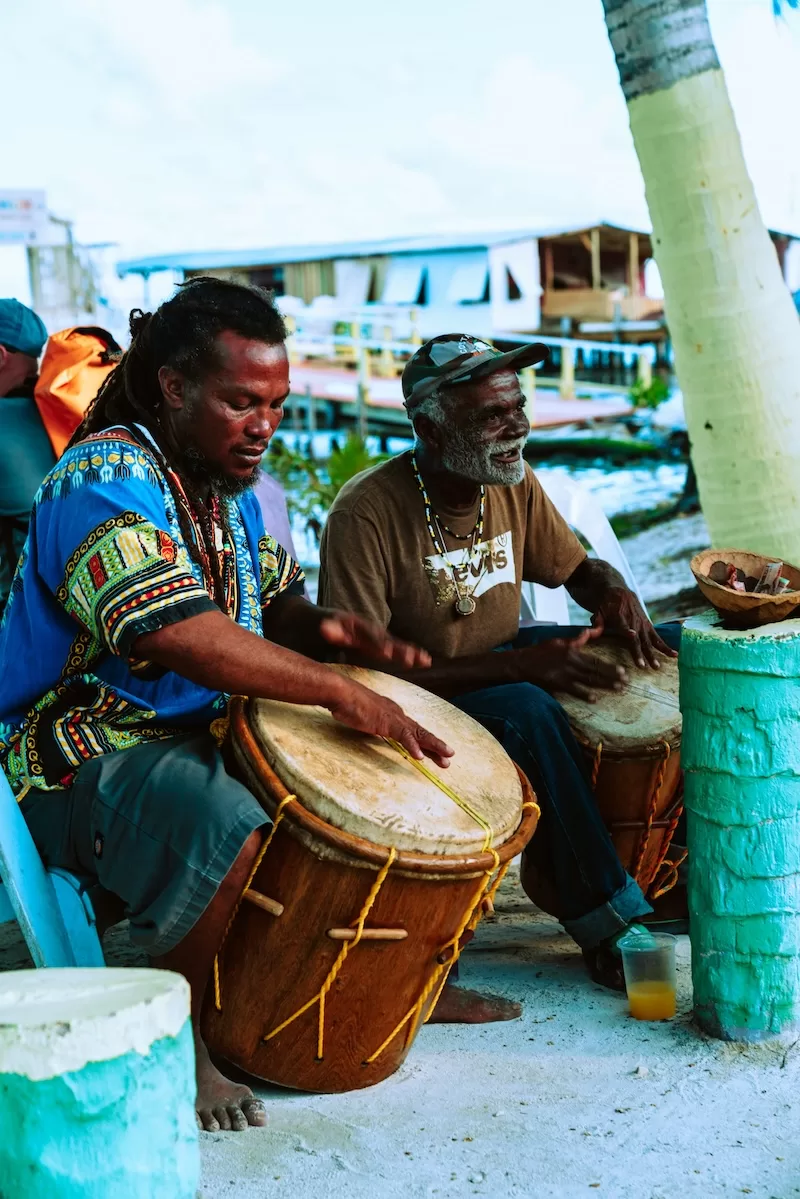
These languages add profound cultural texture. For most expats, they are encountered more as cultural curiosities or community bridges than daily tools, but showing awareness or respect for them can deepen social integration.
Multilingualism and Statistical Insights
Key statistics from recent census
Here are some salient figures from the 2022 Belize Census and related sources:
- 75.5% of the population say they speak English (multi-response allowed).
- 54.0% report speaking Spanish.
- 49.0% report speaking Kriol (Creole).
- 6.3% report speaking one or more Maya languages (Kekchi, Mopan, Yucatec, etc.).
- In southern districts (Toledo), Maya languages have higher penetration; in northern districts (Corozal, Orange Walk), Spanish is more dominant.
(Source: Statistical Institute of Belize “Languages Infographic 2022”)
Because respondents could select multiple languages, many Belizeans are trilingual or bilingual. That means even if English is your only language, you’ll still find many people who can speak with you in it, and who might even enjoy switching to Kriol or Spanish for flavor.
What this means for expats
These numbers confirm what many expats report: English is widespread and reliable, while other languages enrich the cultural milieu rather than obstruct communication. If anything, the multilingual context means you can gradually pick up local vocabulary, socialize in Kriol, or experiment with Spanish without necessity or pressure.
Because official systems use English, even in rural areas, expats can function comfortably without full bilingual or trilingual fluency from day one.
Expat Life Made Easier: Real-World Scenarios
Imagine this typical day as an expat in Belize:
- You arrive in Belize City and pick up your luggage. At customs, all signage and communication are in English.
- You take a taxi to your new home and chat with the driver; first in English, then he may greet you in Kriol, asking, “Gud maanin, how you doing?”
- You head to open a bank account; the paperwork, identification verification, and contract are all in English.
- You visit the local clinic; your conversation with the nurse and doctor is in English, ensuring clear understanding.
- You shop in the local market. Vendors may shift between English, Kriol, and Spanish. You smile, barter, maybe drop a Kriol phrase: “Evriting gud?”
- You join a social event or village gathering. Locals welcome you with warmth. A few words of Kriol earn you friendly banter; a Spanish greeting in a border town is happily returned.
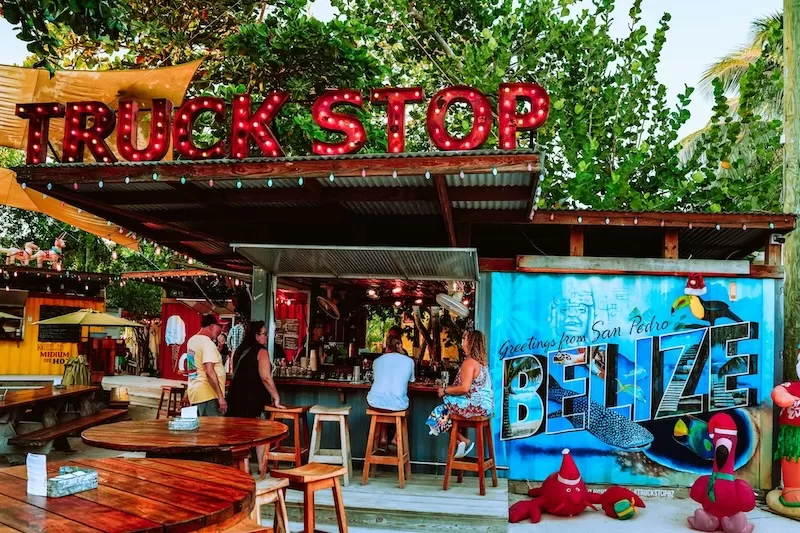
This linguistic ease extends through housing, transportation, official services, schooling, and social life. For many other expat destinations, language is a barrier; in Belize, it’s more of a bridge.
Read more like this Life Your Beach with Belize Marriott Residences
Analogy: Belize as the “conversation-friendly tropics”
Picture two tropical islands. On Island A, your native language is completely foreign, every interaction is an experiment in translation. On Island B, your native tongue is not just welcome: it’s the default for formal and informal life. That’s Belize. You get the sunshine, natural beauty, cultural richness, and tropical ease, but the conversation comes naturally.
FAQs for Belize Language
Is English widely spoken in Belize?
Yes. About 75% of the population speaks English fluently, and it’s the official language of government, education, and media.
Can I live comfortably without learning Spanish or Kriol?
Absolutely. You can comfortably live, work, and interact socially using English alone. Learning Kriol or basic Spanish can enrich your experience but is optional.
How different is Belizean English?
You’ll notice a friendly accent and a few local expressions influenced by Kriol, but it’s clear, natural English.
What about schools for expat children?
Schools teach in English, following British or American curricula. Many also offer Spanish or French as second languages.
Do I need to learn Kriol?
No, but learning a few phrases — “Gud maanin,” “Ow di bodi?,” “Evriting gud?”— is easy and makes daily interactions friendlier and fun. It’s a friendly gesture, not a requirement.
Belize: Where Language Opens Doors
Belize’s English-first environment offers a rare and powerful advantage for those considering relocation, retirement, or long-term residency in Central America. While many countries force newcomers to adapt to a foreign tongue, Belize lets you step into institutional and social life using your native (or familiar) language from day one. That alone accelerates integration, reduces risk, and gives you more bandwidth to enjoy the many other benefits: climate, community, nature, and culture.
If your priority is to relocate with minimal linguistic friction, Belize is among the smartest choices in the region. The Belize language environment transforms your transition from a steep climb into a comfortable stroll, letting you focus on adventure, building community, and making home.
Contact Author
"*" indicates required fields
Stay Ahead on Every Adventure!
Stay updated with the World News on Escape Artist. Get all the travel news, international destinations, expat living, moving abroad, Lifestyle Tips, and digital nomad opportunities. Your next journey starts here—don’t miss a moment! Subscribe Now!
